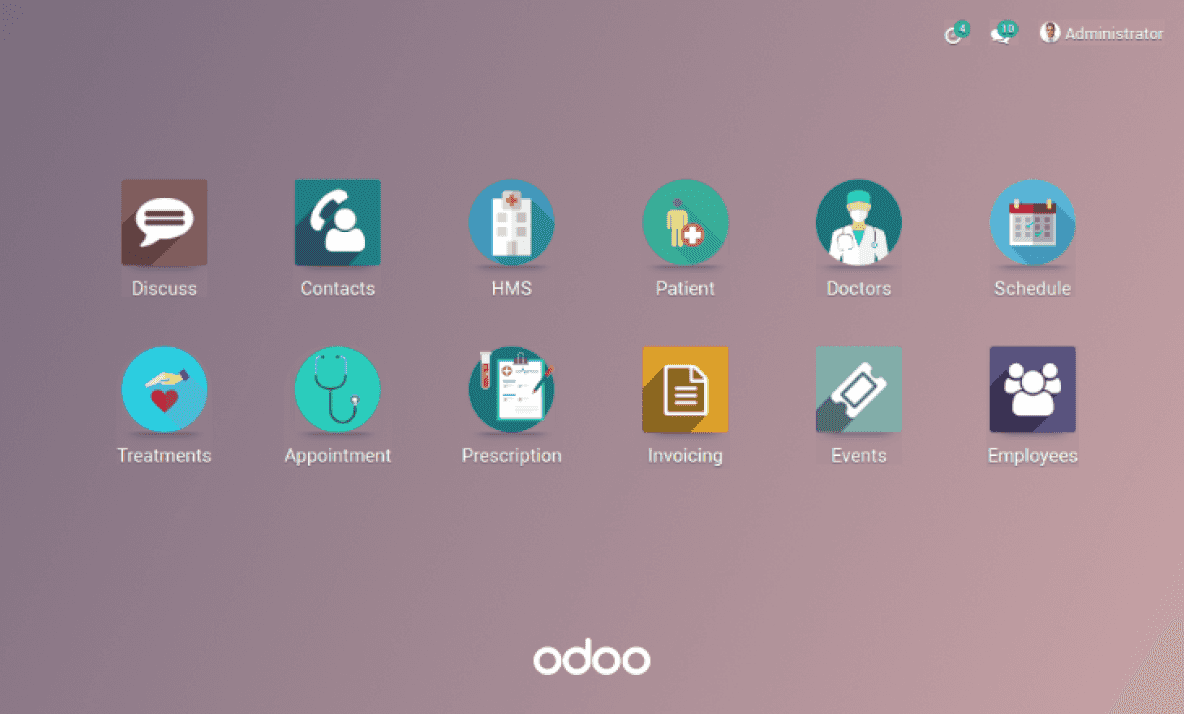Cost-saving
Most open-source EMR software and EHR solutions are free software systems or at least significantly cheaper than popular licensed solutions, which can save a medical practice a significant portion of their budget.
The chart on the right shows that the most popular budget for EHR is roughly $500 per month for most healthcare organizations regardless of their size. However, $500 for a hospital with 100+ employees and a practice with only 5 staff members is a different sum. It’s no wonder that smaller and mid-sized practices prefer open-source solutions.
Scheme title: EHR budgets per provider, per month
Data source: softwareadvice.com — EMR Pricing Explained: Your Guide to Upfront, Recurring & Hidden Costs, February 25, 2021





